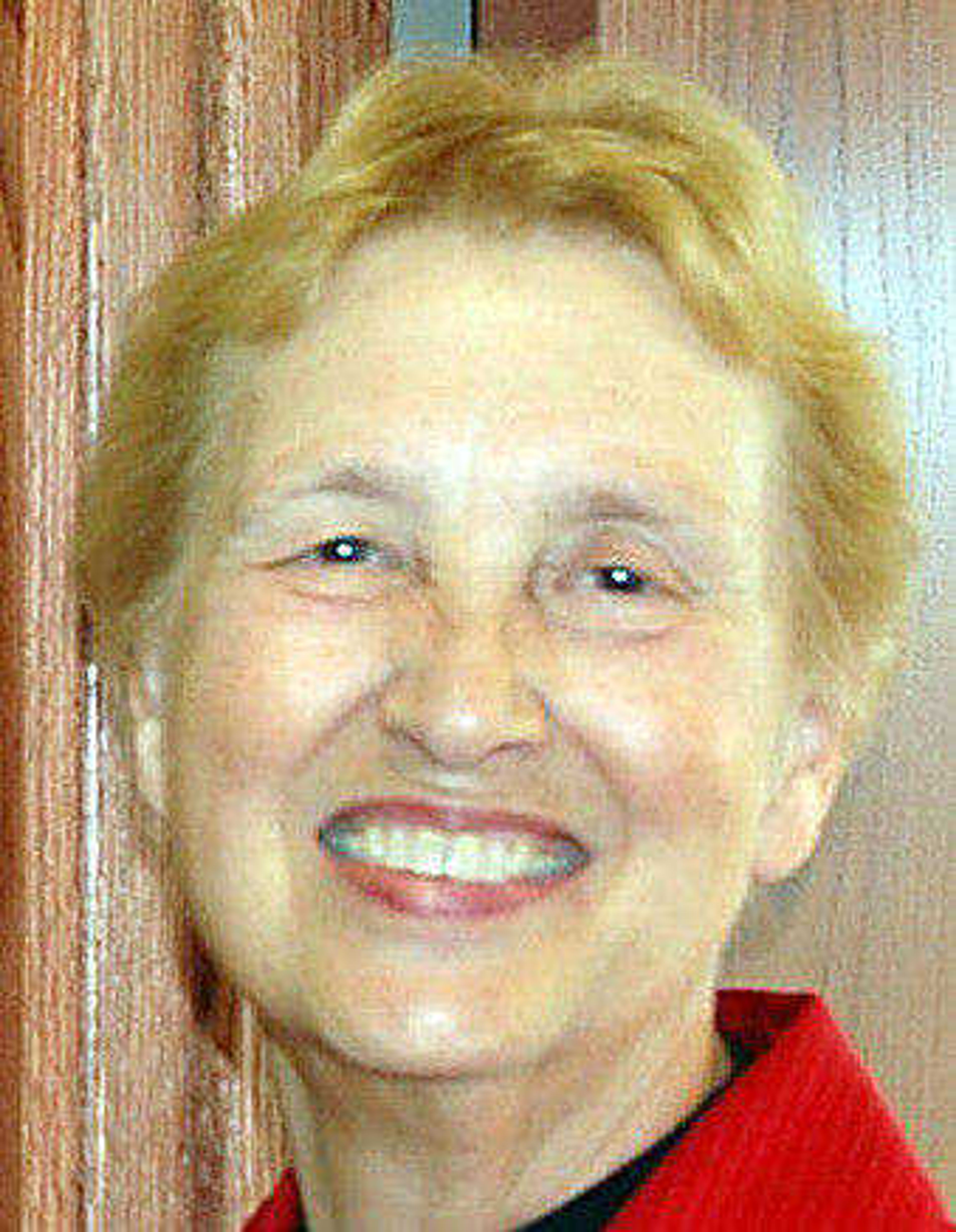A look back at elections and a reminder to vote
As everyone is surely aware, Jackson is celebrating its bicentennial year. We have had some type of bicentennial event each month, with two in July -- Independence Day and Homecomers. With all this emphasis on Jackson's history, I have had the opportunity to do a lot of research and have thoroughly enjoyed it...
As everyone is surely aware, Jackson is celebrating its bicentennial year. We have had some type of bicentennial event each month, with two in July -- Independence Day and Homecomers. With all this emphasis on Jackson's history, I have had the opportunity to do a lot of research and have thoroughly enjoyed it.
A few months ago, I came across the Revised Ordinances of the City of Jackson from 1894. It was printed on 5.5-by-8.5-inch paper (half-page) and consists of 84 pages of ordinances, as compared to our current code book which is about 4 inches thick. It is divided into chapters with chapter 13 on city elections being the longest, with 10 pages of information.
Here are some interesting tidbits from that chapter. The mayor, with approval of the board of aldermen, appointed six judges of election for each ward for the regular annual city election, which was held on the first Tuesday in April of each year. The judges had to represent both parties. The judges appointed four clerks in each ward, who had to record the names of all voters. All judges and clerks had to be legally entitled to vote and be able to read and write.
At least seven days before the election, the clerk of the county court published in the newspapers within the county the names of those who filed for that office. There had to be at least two publications with the list arranged in the order and form in which they would be printed on the ballot.
Each ward was furnished with one booth or compartment in which electors could mark their ballots screened from observation. Not more than one person was permitted to occupy a booth at one time or remain longer than necessary to prepare his ballot, and in no event longer than five minutes. If an elector could not read or write, a judge entered the booth and read the contents of the ballot to the elector and prepared the ballot as the elector dictated.
The voter had to deliver a single ballot to one of the election judges, who then pronounced the name of the voter in a loud audible voice. If the judges were satisfied that he was a legal voter, his ballot was numbered and placed in the ballot box. The clerks had to enter the names of the voters and the numbers of the ballots in the order received into the poll books.
No person whosoever was allowed to do any electioneering on election day within any polling place or within 100 feet of any polling place.
Since circumstances were quite different in 1894, the ordinances regarding elections were also quite different. However, you will note that the basics were the same -- all written with the intention of providing for fair elections.
Speaking of elections, don't forget to exercise your right and perform your duty. Today is Election Day. Vote!
Barbara Lohr is the mayor of Jackson.
Connect with the Southeast Missourian Newsroom:
For corrections to this story or other insights for the editor, click here. To submit a letter to the editor, click here. To learn about the Southeast Missourian’s AI Policy, click here.










